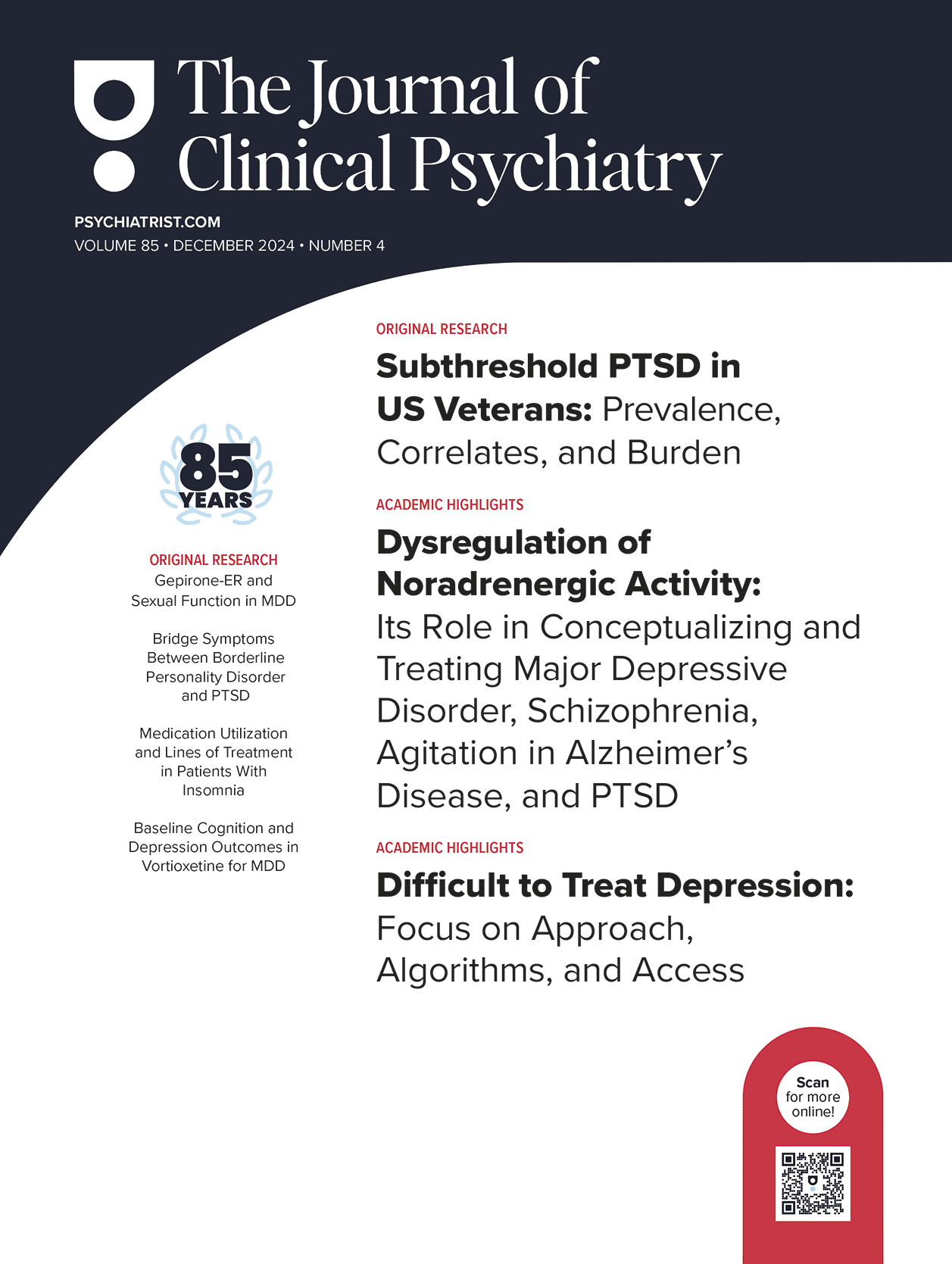Background: Methadone is a standard treatment for opioid dependence in pregnancy; however, its impact on maternal corrected QT interval (QTc) has not been evaluated. We studied the association between methadone dose and enantiomer-specific plasma concentrations and QTc among pregnant and postpartum women and newborns. We assessed the relevance of QTc screening guidelines for pregnant women and infants.
Methods: From 2006 to 2008, plasma methadone concentrations were measured during pregnancy, postpartum, and in cord blood in women treated for opioid dependence at a single treatment program. Electrocardiograms (ECGs) were obtained at peak methadone concentrations in mothers and within 48 hours of birth for infants. Pearson correlations were performed at each time point for QTc and R-methadone, S-methadone, and total methadone concentrations and ratio of R-methadone/S-methadone concentrations.
Results: Mean (SD) daily methadone dose for the 25 women was 94.2 (39.1) mg during pregnancy and 112.5 (46.6) mg postpartum. During the third trimester, higher methadone dose and R-methadone concentration correlated with longer QTc (Pearson r = 0.67, P < .001 and Pearson r = 0.49, P = .02, respectively), while S-methadone concentration, R-methadone/S-methadone concentration ratio, and total methadone concentration did not. Postpartum, QTc did not significantly correlate with dose or enantiomer concentrations. Infant QTc did not correlate with maternal dose at delivery or enantiomer-specific cord methadone concentrations. In pregnant and postpartum women, 13% and 17%, respectively, had QTc ≥ 450 ms, as did 19% of infants.
Conclusions: QTc correlated with dose and R-methadone concentration during the third trimester. However, longer QTc was common among women during and after pregnancy. Given the relatively high rate of QTc > 450 ms, an ECG before and after methadone initiation is advisable for pregnant and postpartum women.
Continue Reading...
Did you know members enjoy unlimited free PDF downloads as part of their subscription? Subscribe today for instant access to this article and our entire library in your preferred format. Alternatively, you can purchase the PDF of this article individually.
Please sign in or purchase this PDF for $40.00.
Save
Cite
Already a member? Login




